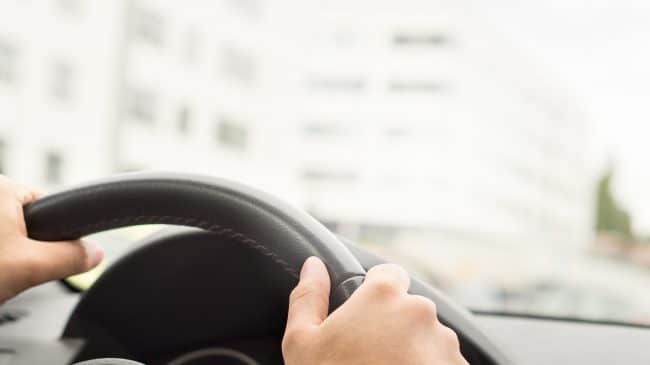Through Florida’s criminal justice system about 1.7 million drivers licenses were suspended last year — affecting about one out of 10 Florida drivers. It is a common form of punishment and makes sense when used to punish people for traffic safety offenses like drunken driving or recklessly causing an accident. But does suspending driver’s licenses make sense as a punishment for other criminal offenses like graffiti or failure to pay child support?
A study by The James Madison Institute and Reason Foundation looks at the challenges present in current laws governing the suspension of drivers licenses in Florida. The study found that a drivers license suspension is commonly added on top of the fines and prison sentences courts already impose, and about 76 percent of license suspensions in Florida are for non-traffic-safety related offenses.
Florida courts are pulling drivers licenses for such offenses as missing a court date, not paying court costs on time, misdemeanor theft, giving alcohol to a minor, failure to pay child support and many others.
In America, 86 percent of people drive to get to work. Take someone’s license away and the risk of a lost job is high. Many businesses won’t hire someone without seeing a valid license. A New Jersey study found that 42 percent of individuals who had their license suspended lost their job as a result.
Losing a job not only punishes the offender, it undermines other punishments and goals of the justice system. Suspended licenses make it harder for people to pay fines to the court, to pay restitution, or to pay child support. Back home it makes it harder to support a family. And someone already convicted of a crime and now out of work is more likely to reoffend in desperation. All of these challenges impact family members and the broader community.
Those harsh realities mean defiance of the law is common — only about 25 percent of those who have their license suspended actually stop driving. Faced with choosing between certain catastrophic consequences from not driving vs. a chance of getting caught driving illegally, the math is clear.
That means enforcement is an additional cost of punishing those with suspended licenses. The state of Washington stopped suspending licenses for many non-traffic related offenses and estimates that the policy saved state troopers 70,848 combined hours in one year previously used policing suspended licenses. In Florida, the state could conservatively save at least $9 million if it stopped suspending licenses for non-traffic-safety offenses.
Individuals should be punished for breaking the law, but there are alternative punishments available. The state already uses wage garnishment, garnishment of unemployment benefits, and federal income tax refund withholding – all of these could be used to ensure compliance with financial penalties. The state is far more likely to collect full restitution if it does not indirectly cause someone to lose their job as part of a punishment. And taking an individual’s time in the form of community service or similar punishments rather than taking their driver’s license would be more productive.
Florida needs to examine its criminal justice policies, and its system of suspending licenses as a tool must be front and center in that discussion. The state should seek to create both a punitive and restorative system of justice, and avoid whenever possible collateral damages that undermine the ultimate goal of the system.
This article first appeared in the Orlando Sentinel.

